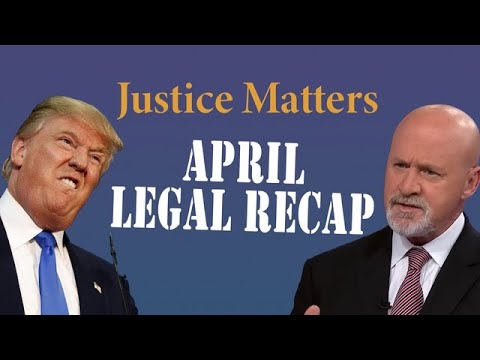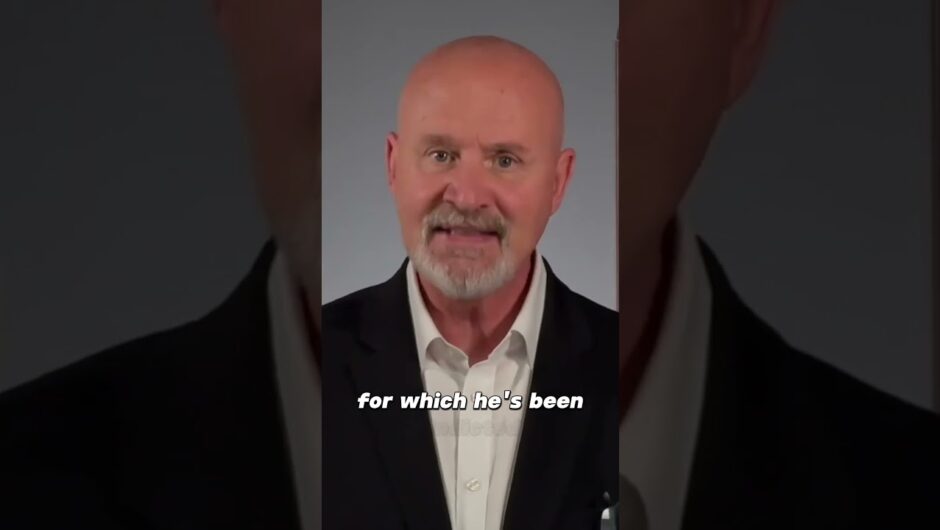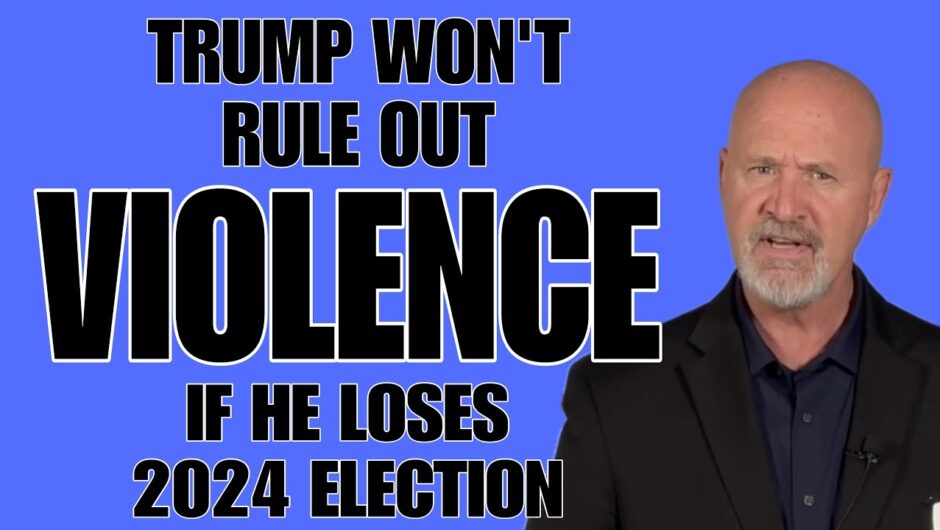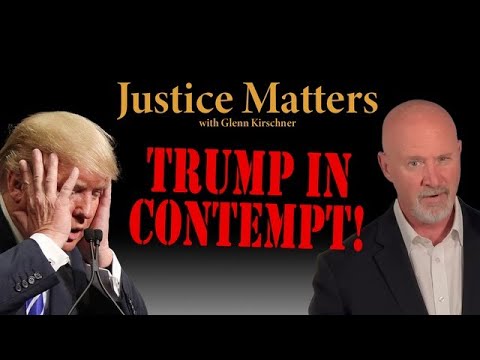WikiLeaks founder Julian Assange’s partner says a ruling by a British court to block his extradition to the United States is the “first step towards justice” in his decade-long fight against espionage charges.
Judge Vanessa Baraitser on Monday ruled the Australian activist and journalist should not be returned to the US to face charges relating to the release of 470,000 classified US military documents in 2010 due to his deteriorating mental health and risk of suicide.
The bombshell verdict does not mean Assange will be immediately released from London’s Belmarsh Prison, however, with a decision on bail conditions to be made on Wednesday.
“I had hoped today would be the day that Julian came home. Today is not that day, but that day will come soon,” Assange’s partner Stella Morris said following the ruling.
“As long as Julian has to endure suffering and isolation as an unconvicted prisoner of Belmarsh Prison, and as long as our children continue to be bereft of their father’s love and affection, we cannot celebrate. We will celebrate the day he comes home.”
The US Department of Justice has indicated they will seek to appeal the decision, which they must do within 14 days.
“While we are extremely disappointed in the court’s ultimate decision, we are gratified that the United States prevailed on every point of law raised,” a department spokesperson said.
Judge Baraitser rejected claims that Assange had been exercising his right to free speech in releasing the documents and that the charges against him were part of a political vendetta. If convicted of 18 charges in the United States, Assange faces the possibility of 175 years in jail.
Ms Morris, who has two children with Assange, said she was “extremely concerned” that the US government had decided to pursue an appeal. “It continues to want to punish Julian and make him disappear into the deepest, darkest hole of the US prison system for the rest of his life,” she said.
“That can never happen. We will never accept that journalism is a crime in this country or any other.”
Assange’s Australian-based mother, Christine Assange, said the ruling was “the best news”, but called on US President Donald Trump and President-Elect Joe Biden to pardon her son.
“I hope to hold my son again soon,” she wrote on Twitter. “The decade long process was the punishment. He has suffered enough.”
Speaking to ABC News on Tuesday morning, lawyer Jennifer Robinson – who is part of Assange’s legal team – said they would make a bail application on Wednesday on the basis that he has spent a “disproportionate” amount of time in a high-security prison.
“There is a political opportunity for both the outgoing US President, President Trump, and the incoming US President, President [Elect] Biden, to put a stop to this case,” she said.
“This case should never have been brought in the first place.
“The Australian Government should be stepping up … He [Assange] is a publisher and a journalist who’s won awards around the world, who’s being prosecuted for the same publications for which WikiLeaks won the most outstanding contribution to journalism award here in Australia and the Sydney Peace Prize.”
Assange has also received support from Mexico’s President Andres Manuel Lopez Obrador, who has offered the 49-year-old political asylum.
“Assange is a journalist and deserves a chance. I am in favour of pardoning him,” he said. “We’ll give him protection.”
President Lopez Obrador described the court’s decision as a “triumph of justice” and said he would ask the foreign minister to reach out to the United Kingdom government regarding the possibility of freeing Assange.
The WikiLeaks founder’s international network of supporters, who argue the charges are an attack on freedom of speech, have also celebrated the ruling, with whistleblower Edward Snowden tweeting that he hoped it would mark “the end” of attempts to see him returned to the US.
“Let this be the end of it,” wrote Snowden, who is himself wanted in the US on espionage charges after he leaked information that showed the National Security Agency was collecting the telephone records or millions of citizens. He now lives in exile in Russia.
Amnesty International welcomed the ruling, but said it did not “absolve the UK from having engaged in this politically-motivated process at the behest of the USA and putting media freedom … on trial”.
Assange spent more than seven years in exile in London’s Ecuadorian embassy after Sweden announced it was seeking his extradition over two accusations of sexual assault. Assange denies these allegations.
The sexual assault investigation was dropped in 2017. A year later, in 2018, Ecuadorian President Lenin Moreno said hosting Assange had become “untenable” and his Ecuadorian citizenship was revoked in April. The following day he was removed from the embassy by authorities on request from the US government.
With AFP






